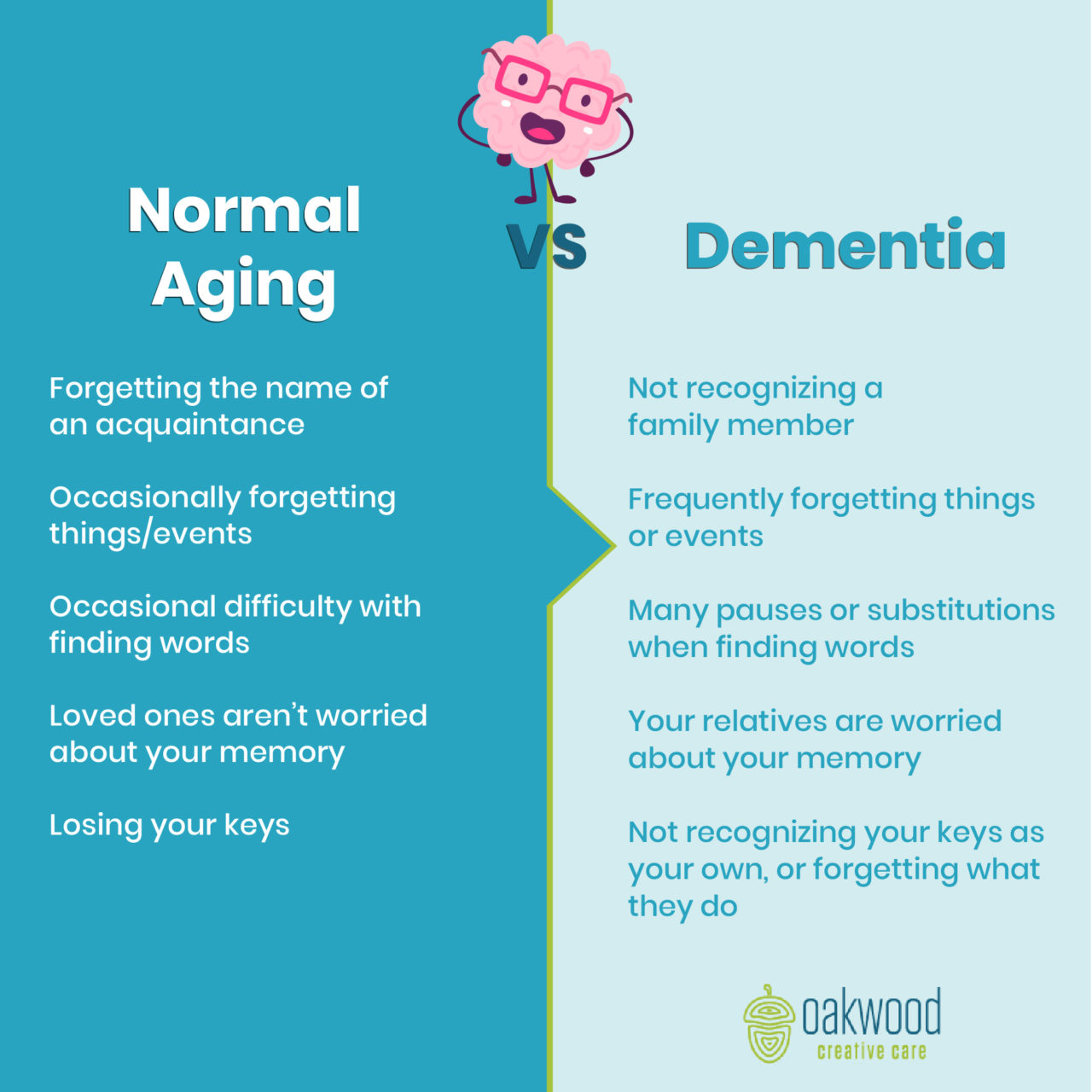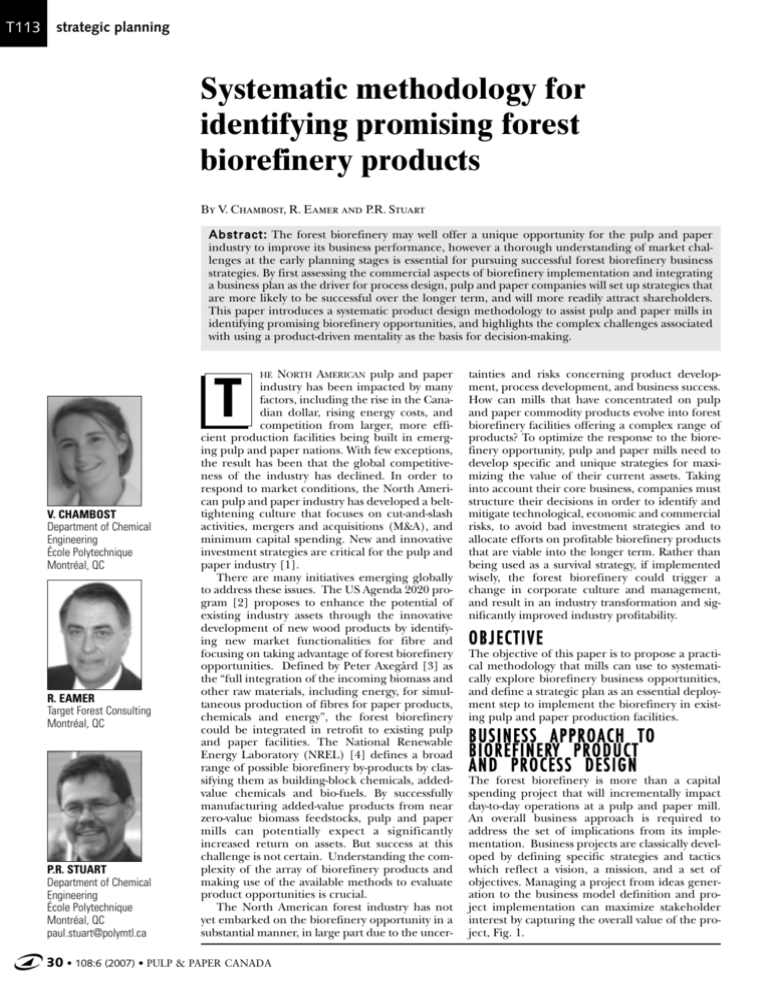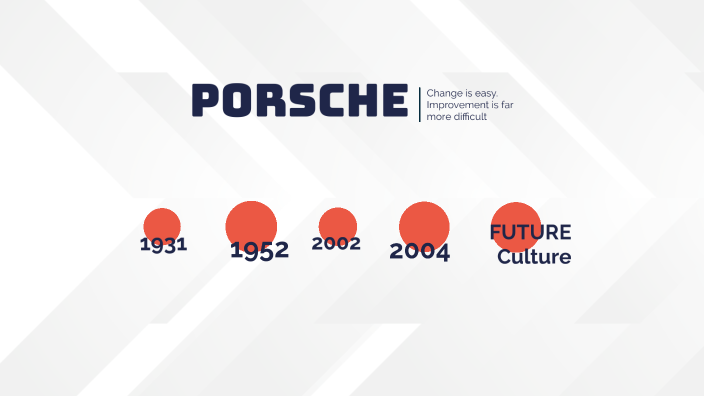ADHD, Aging, And Brain Iron: Understanding Attention And Cognitive Decline

Table of Contents
ADHD Symptoms and Their Evolution with Age
Changes in ADHD Presentation in Later Life
ADHD symptoms often change significantly as we age. While hyperactivity may lessen, other challenges become more prominent. The "aging effects on ADHD" frequently manifest as increased difficulties with:
- Executive dysfunction: Problems with planning, organization, time management, and working memory become more pronounced, impacting daily life significantly.
- Reduced attention span: Maintaining focus on tasks becomes increasingly difficult, affecting work performance, social interactions, and personal well-being.
- Increased emotional dysregulation: Older adults with ADHD may experience heightened irritability, frustration, and difficulty managing emotional responses.
- Difficulties with memory: While not always directly attributable to ADHD, memory problems can be exacerbated by the condition and co-occurring issues.
Co-occurring Conditions and Their Impact
Many older adults with ADHD also experience co-occurring conditions ("comorbidities") that significantly complicate diagnosis and management. These can include:
- Depression: The overlapping symptoms of depression and ADHD (e.g., low motivation, difficulty concentrating) make accurate diagnosis challenging.
- Anxiety: Anxiety disorders frequently co-occur with ADHD, further impairing cognitive function and emotional well-being.
- Other age-related cognitive issues: Conditions like mild cognitive impairment (MCI) or dementia can interact with ADHD, leading to more severe cognitive decline.
The Role of Brain Iron in Cognitive Function and ADHD
Iron's Importance for Brain Health
Iron plays a vital role in brain health, influencing neurotransmitter production, oxygen transport, and overall cognitive performance. Adequate brain iron levels are crucial for:
- Neurotransmitter synthesis: Iron is essential for the production of neurotransmitters like dopamine and norepinephrine, crucial for attention, focus, and mood regulation.
- Myelin formation: Iron is important for the formation and maintenance of myelin, the protective sheath around nerve fibers that facilitates efficient nerve signal transmission.
- Energy metabolism: Iron is involved in cellular respiration, providing the energy needed for optimal brain function.
Iron deficiency can lead to impaired cognitive function, while iron overload can also have detrimental effects on the brain.
The Link Between Iron and ADHD
Research is ongoing to explore the connection between brain iron levels and ADHD symptoms, particularly concerning attention and executive function. While findings are not conclusive, studies suggest that:
- Some individuals with ADHD may have altered iron metabolism or transport in the brain.
- Iron deficiency might exacerbate ADHD symptoms, particularly those related to attention and executive functioning.
- Further research is needed to establish a definitive causal link and develop targeted interventions.
Cognitive Decline and ADHD in Older Adults
Increased Risk of Cognitive Decline
Individuals with ADHD may have an increased risk of age-related cognitive decline, including dementia or MCI. Potential mechanisms include:
- Chronic stress: The challenges associated with managing ADHD symptoms can lead to chronic stress, known to contribute to cognitive decline.
- Sleep disturbances: ADHD is often associated with sleep problems, which can negatively impact cognitive function and increase the risk of neurodegenerative diseases.
- Underlying brain vulnerabilities: Genetic factors or subtle brain differences associated with ADHD might increase vulnerability to age-related cognitive decline.
Strategies for Mitigating Cognitive Decline
Several strategies can help manage ADHD symptoms and potentially reduce the risk of cognitive decline in older adults:
- Medication management: Appropriate medication can help improve attention, focus, and emotional regulation.
- Cognitive training: Exercises that target attention, memory, and executive functions can enhance cognitive skills.
- Lifestyle changes: A healthy diet, regular exercise, and adequate sleep are crucial for overall brain health and cognitive function.
- Stress management techniques: Practices such as mindfulness, meditation, or yoga can help reduce stress levels.
- Social engagement: Maintaining strong social connections is vital for cognitive stimulation and emotional well-being.
Managing ADHD, Aging, and Brain Iron for Better Cognitive Health
This article highlights the interconnectedness of ADHD, aging, brain iron levels, and cognitive decline. Early diagnosis and management of ADHD in older adults are crucial for improving quality of life and potentially mitigating the risk of cognitive decline. While current research provides valuable insights, more studies are needed to fully unravel the complex interplay between these factors.
If you're experiencing challenges with attention or cognitive function as you age, and suspect ADHD might be a factor, consult your doctor to discuss your concerns and explore potential treatment options related to ADHD, brain iron levels, and cognitive health. A comprehensive assessment may include evaluating brain iron levels, if deemed appropriate by your physician, to better understand your individual needs and develop a personalized management plan.

Featured Posts
-
 Exclusive Ivy League Schools Create Coalition To Resist Trump
Apr 29, 2025
Exclusive Ivy League Schools Create Coalition To Resist Trump
Apr 29, 2025 -
 Brit Paralympian Missing At Wrestle Mania Found Safe
Apr 29, 2025
Brit Paralympian Missing At Wrestle Mania Found Safe
Apr 29, 2025 -
 Invest Smart Identifying Promising New Business Locations Nationwide
Apr 29, 2025
Invest Smart Identifying Promising New Business Locations Nationwide
Apr 29, 2025 -
 2025 Porsche Cayenne A Complete Picture Gallery Of Interior And Exterior Design
Apr 29, 2025
2025 Porsche Cayenne A Complete Picture Gallery Of Interior And Exterior Design
Apr 29, 2025 -
 Dari Zuffenhausen Ke Dunia Menelusuri Sejarah Porsche 356
Apr 29, 2025
Dari Zuffenhausen Ke Dunia Menelusuri Sejarah Porsche 356
Apr 29, 2025
